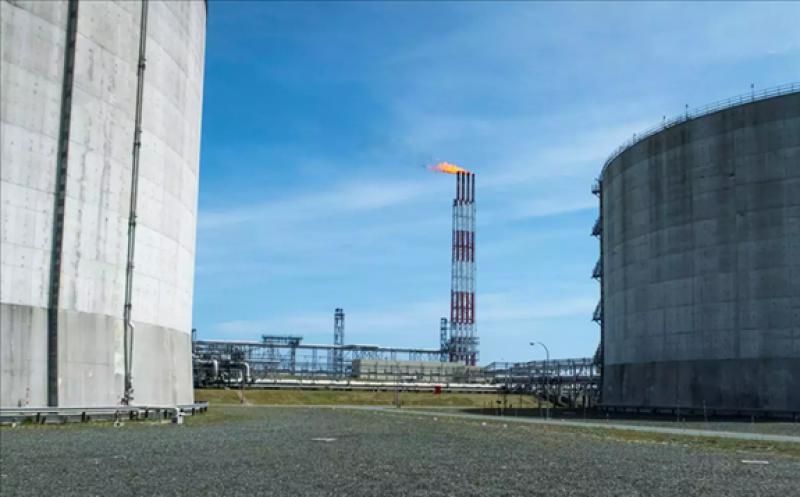The Russian Pacific island of Sakhalin is close to a cooperation agreement with a Japanese company on carbon capture and storage technology as it moves to carbon neutrality by 2025.

Russia aims to make Sakhalin carbon neutral by 2025, the first region to do so in the country, and as the island needs to move quickly in adding renewable resources amid depleting fossil fuels.
"The regional government is preparing to sign a cooperation agreement with a well-known Japanese company," Valery Limarenko said in emailed comments. He did not provide other details.
Sakhalin is home to Russia's first plant to produce liquefied natural gas (LNG), operated by Sakhalin Energy. The company has worked out an "ecological LNG" strategy, Limarenko said, to cut its carbon footprint and supply carbon-neutral fuel.
The region would introduce quotas for greenhouse gas emissions from two dozen companies operating on the island, in two steps: businesses with annual emissions of over 50,000 tonnes of CO2 equivalent would be targeted from 2023 and those emitting over 20,000 tonnes to follow from 2025.
"We'd like to ... use the money (from quotas) to reduce emissions, spend it on research and development, adaptation to climate change," Limarenko said.
The region aims to generate 28% of energy from renewable sources by 2025 thanks to the construction of wind, solar, geothermal and small-sized hydro-electric power stations, mainly on the Kuril Islands.
The region will introduce 10,000 electric-powered vehicles and 1,000 charging stations by 2025 and plans to switch domestic heating boilers to using natural gas and LNG, including on the Kuril islands.
Japan is claiming back some of the Kuril islands, invaded by the Soviets towards the end of World War Two. Russian President Vladimir Putin has proposed that Japanese business should jointly develop the islands.
Sakhalin's oil output, led by ExxonMobil and Rosneft , is set to fall to 15.2 million tonnes this year (300,000 barrels of oil per day) from 18.4 million tonnes in 2020, declining further to 14 million tonnes as its reserves dwindle, the governor said.
Gas production, a feedstock for the Sakhalin-2 LNG plant, is seen stable at over 30 billion cubic metres per year.